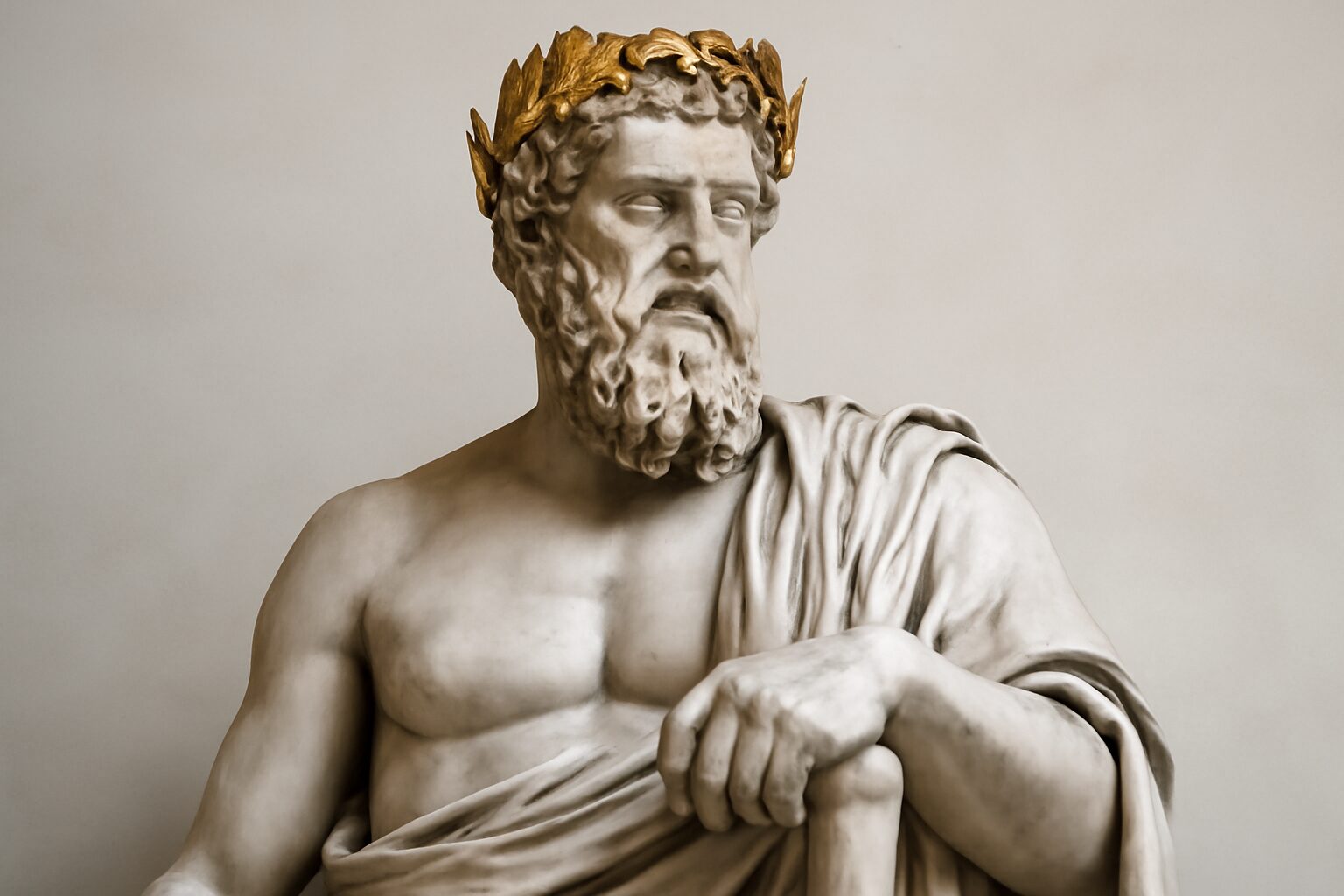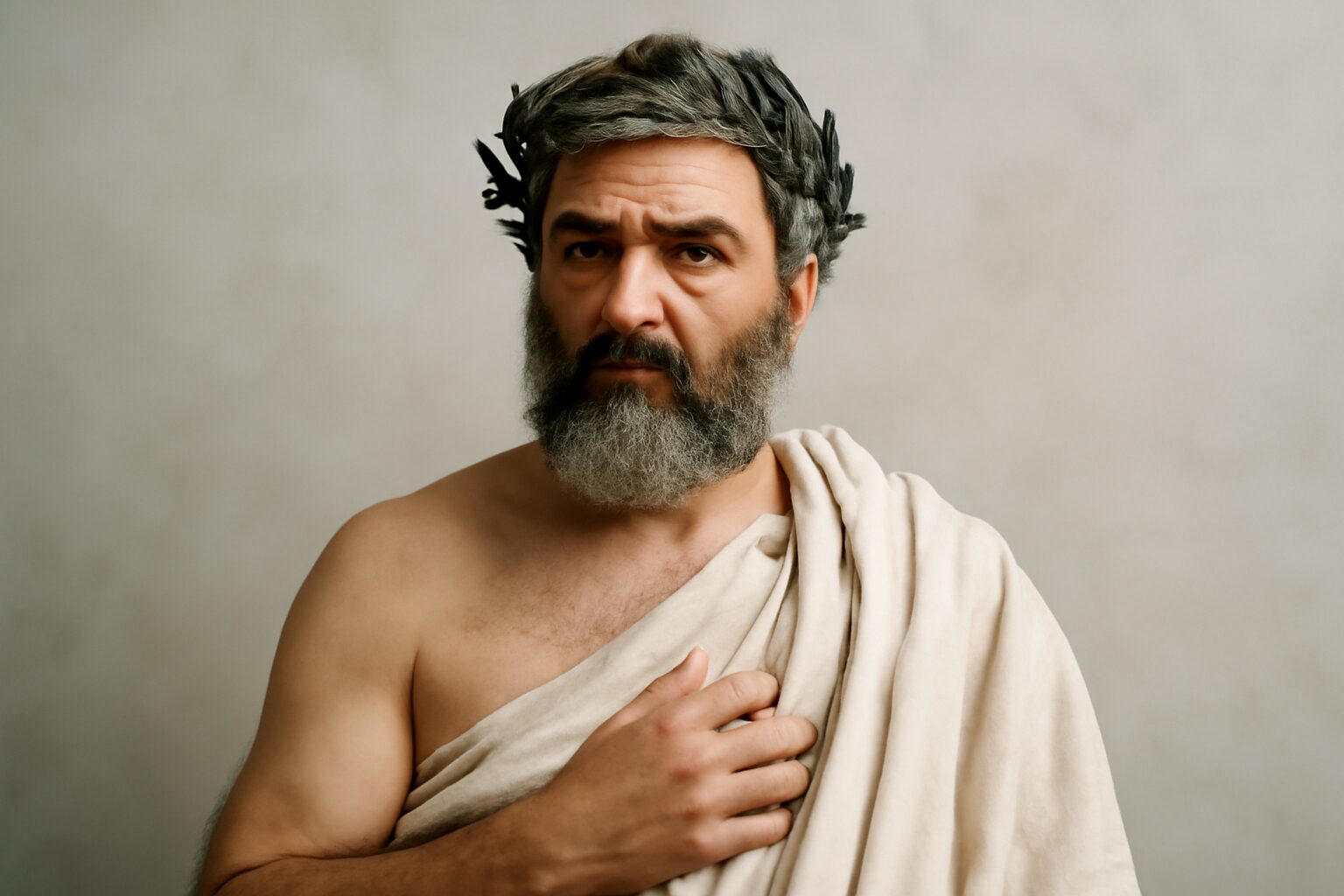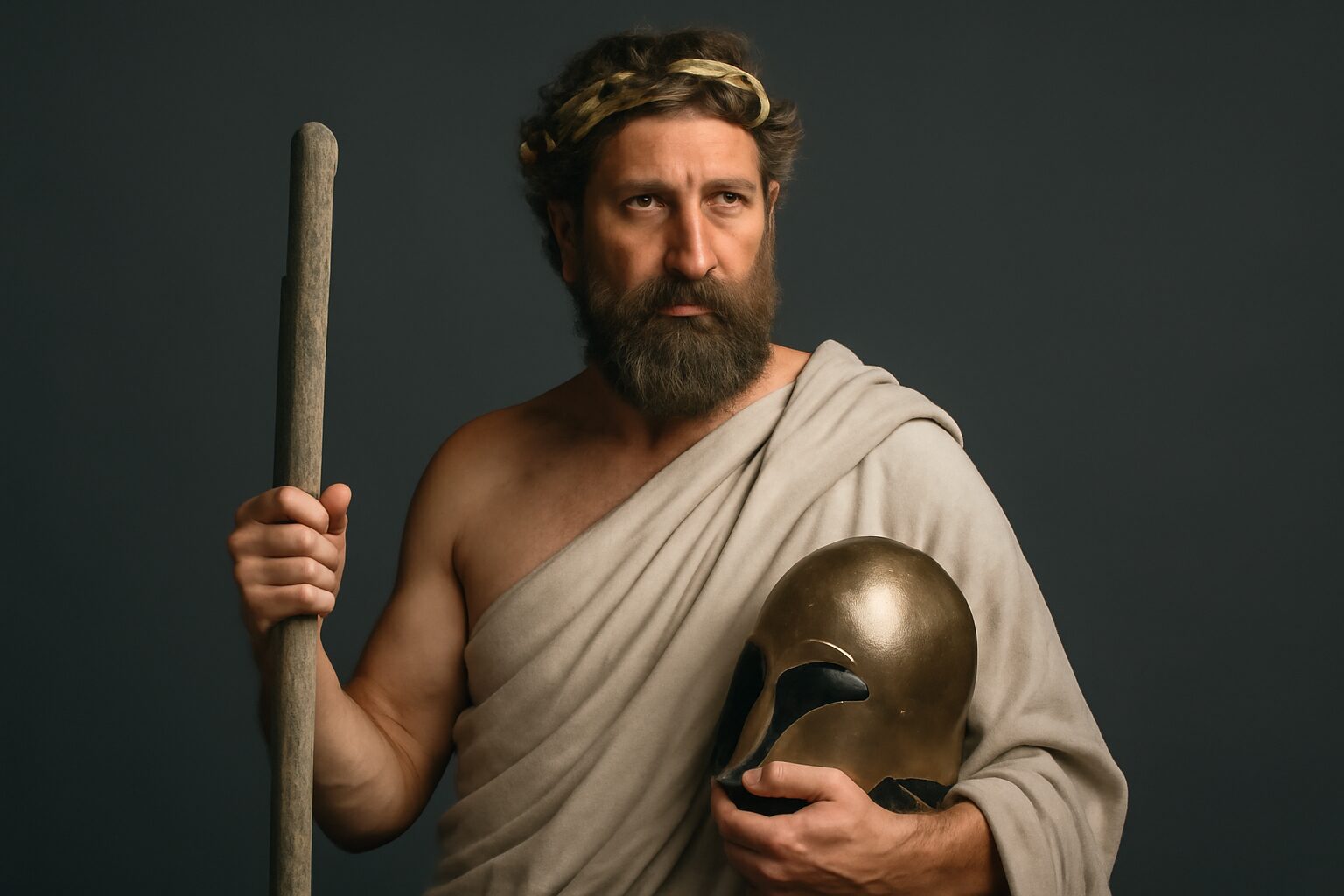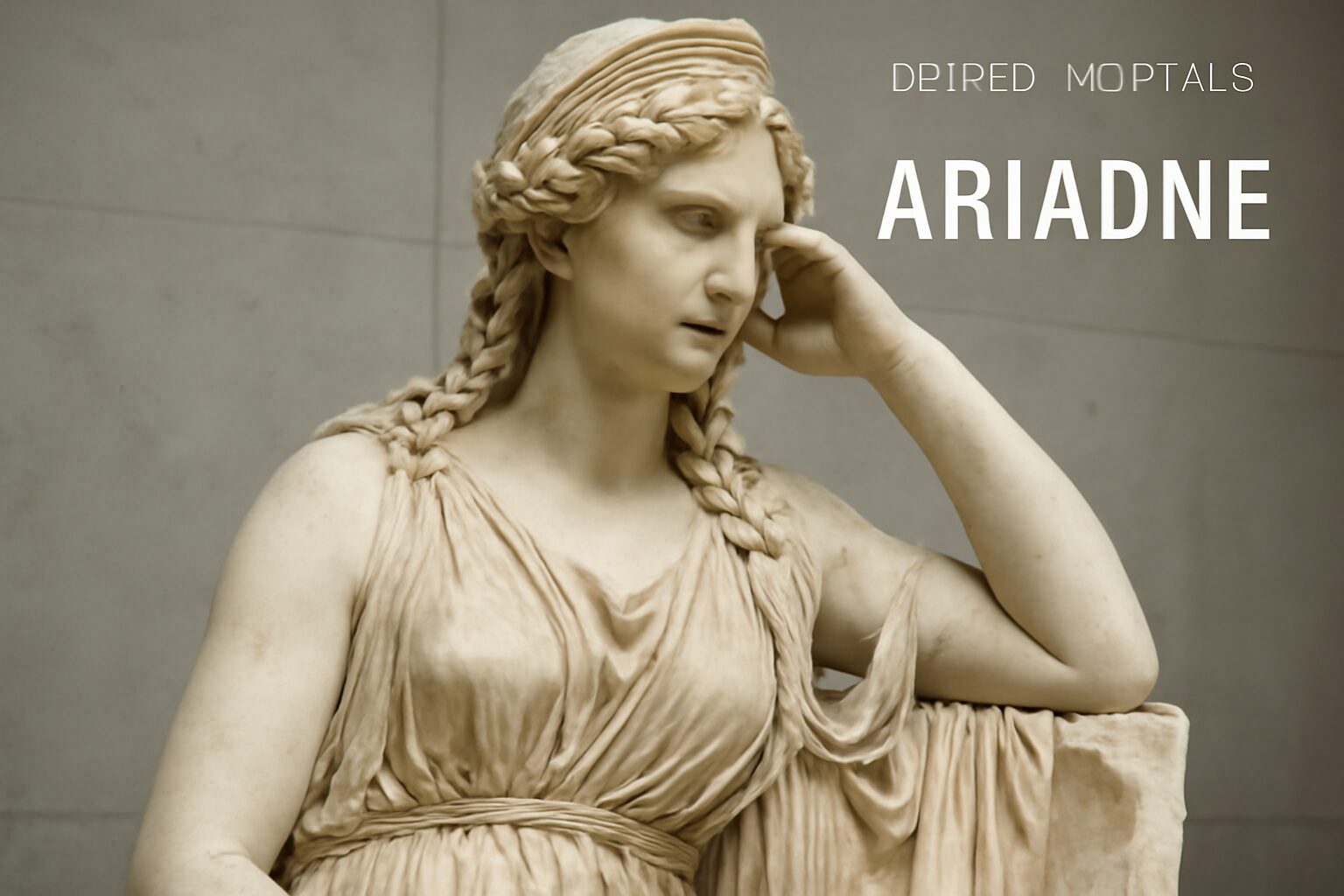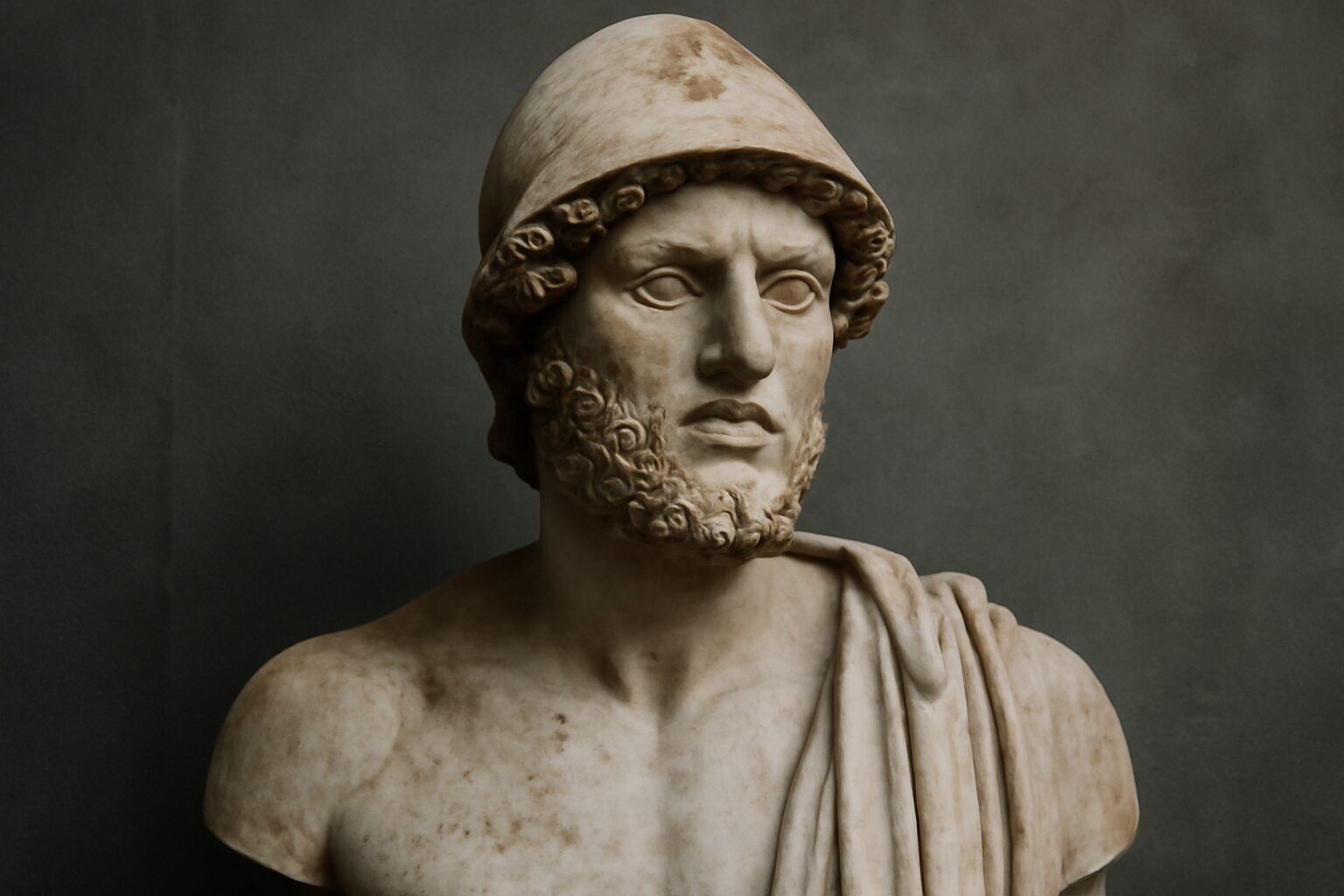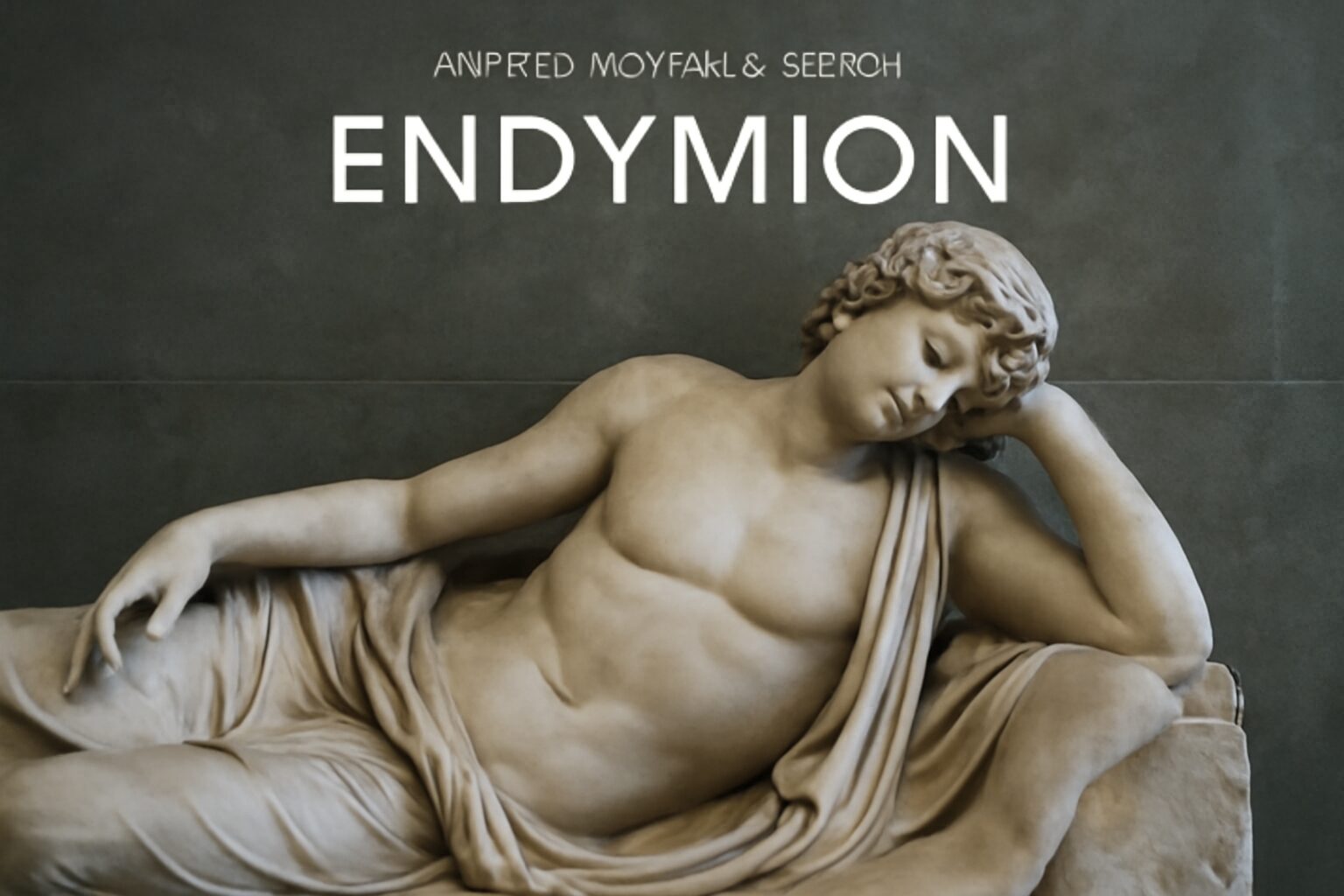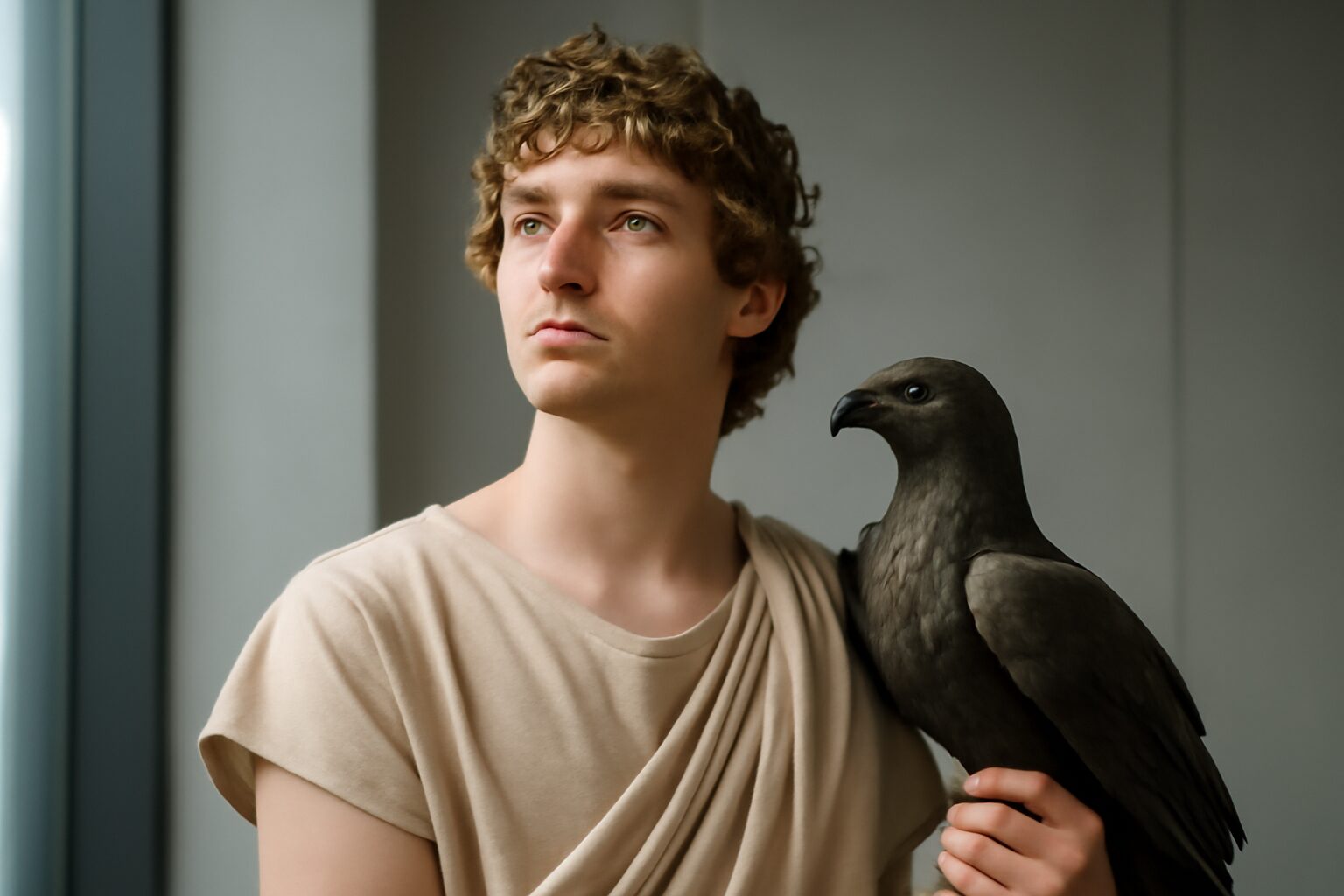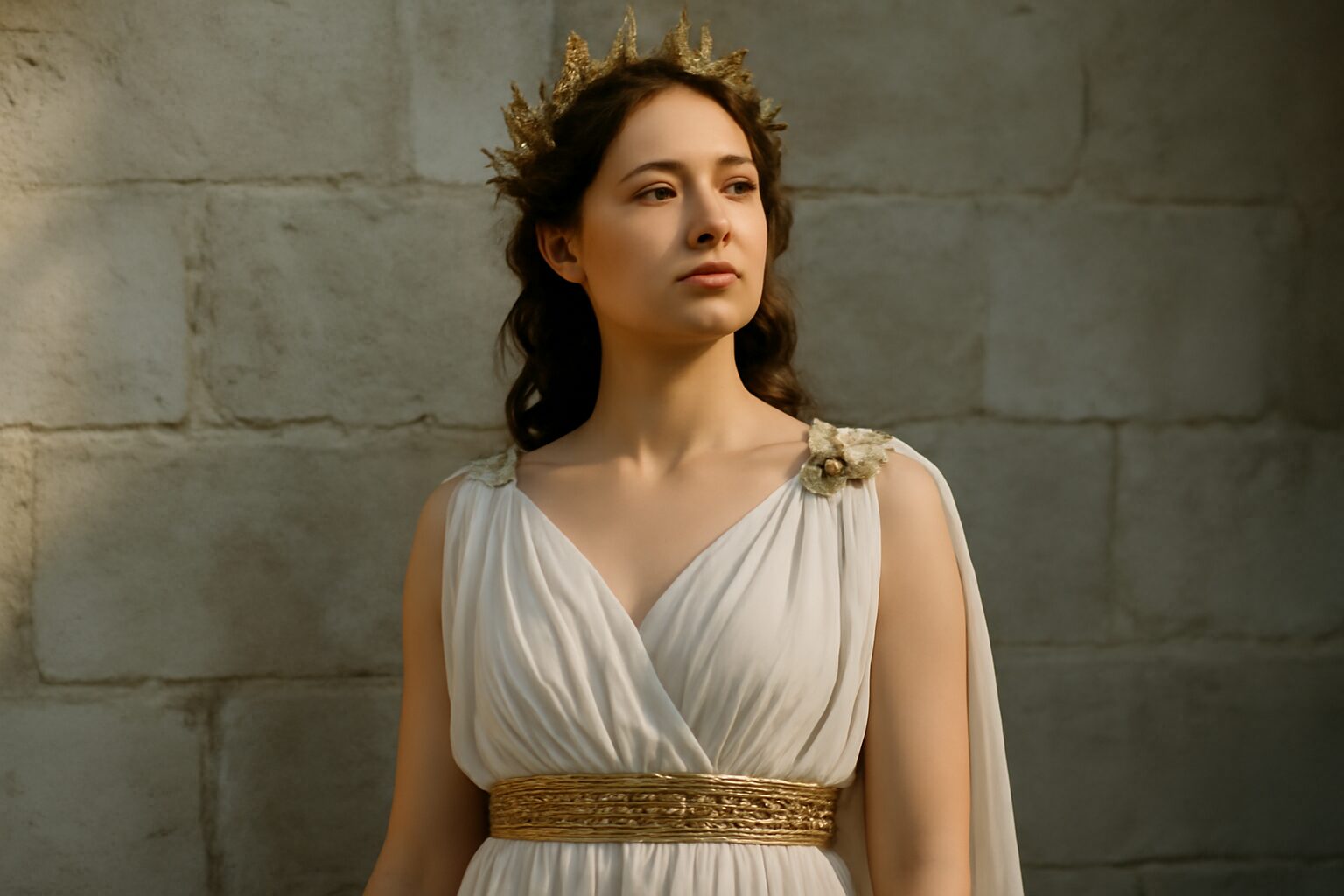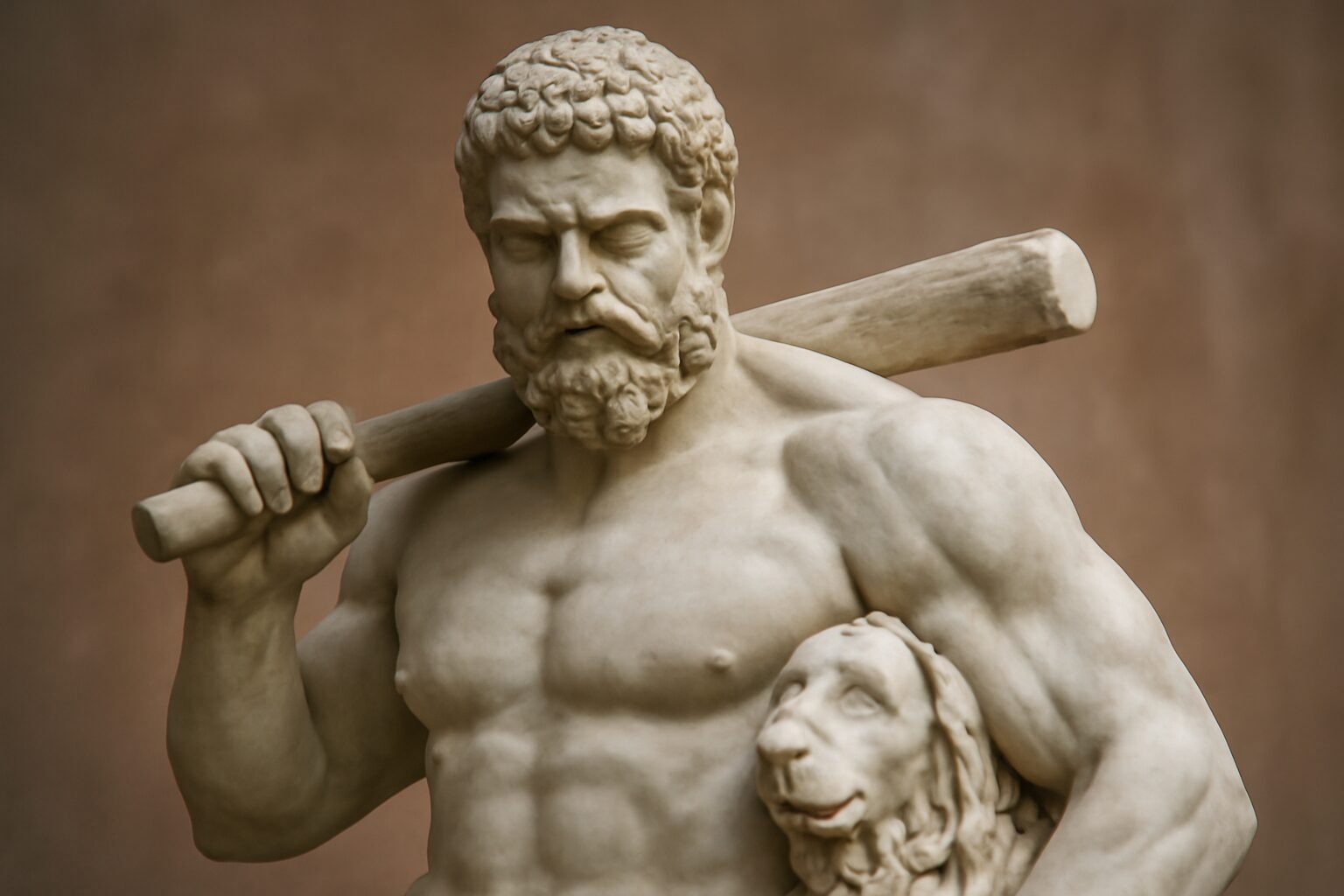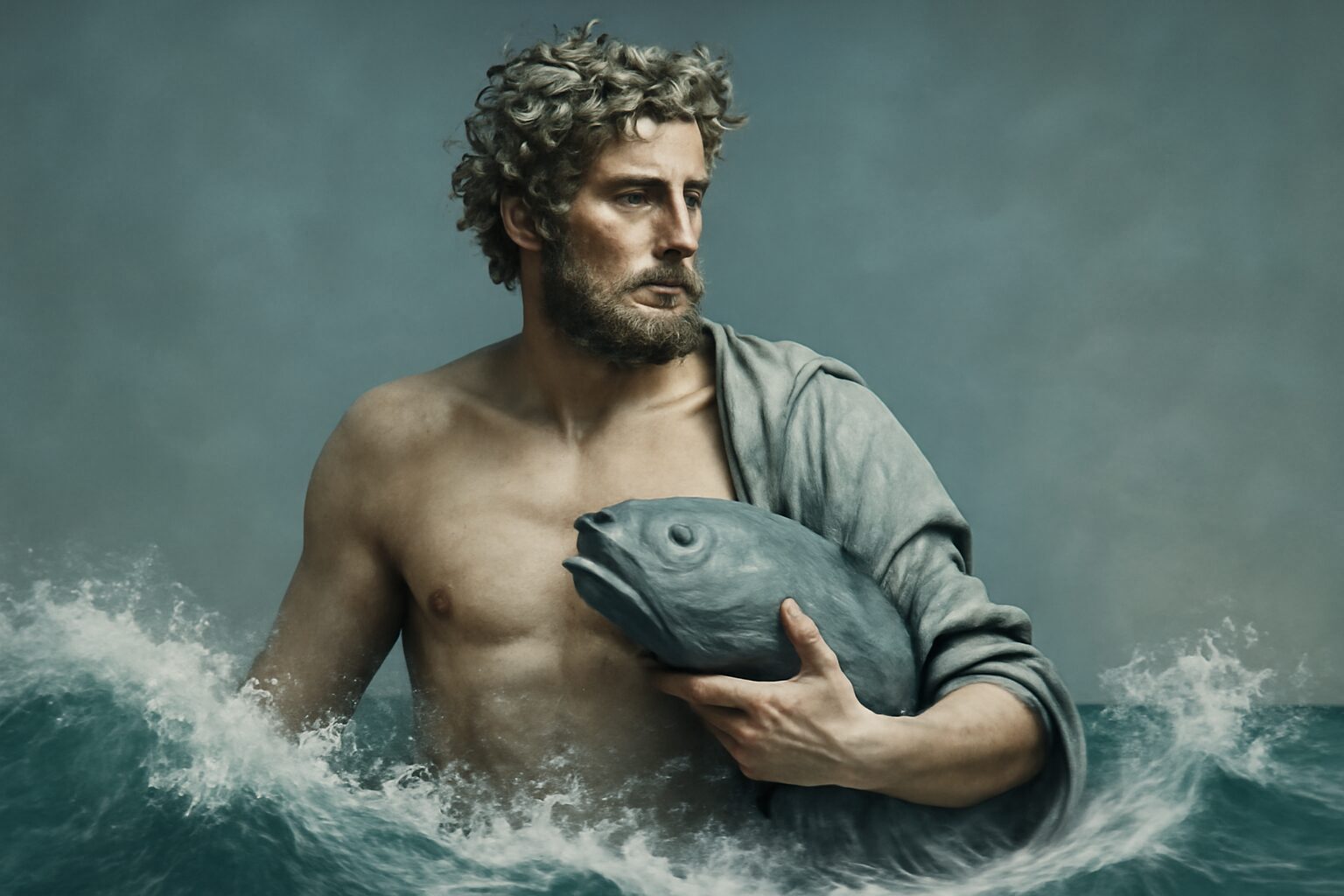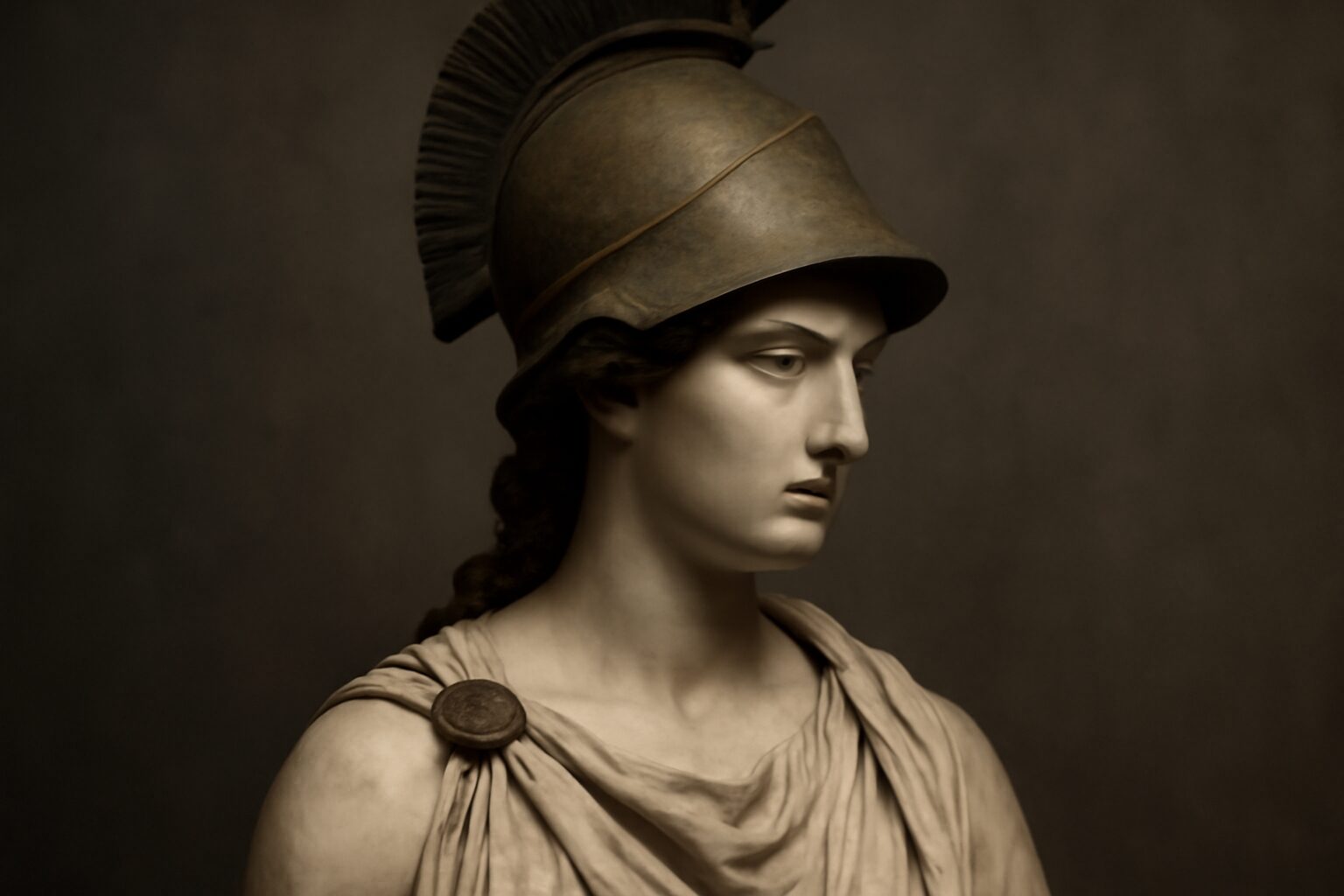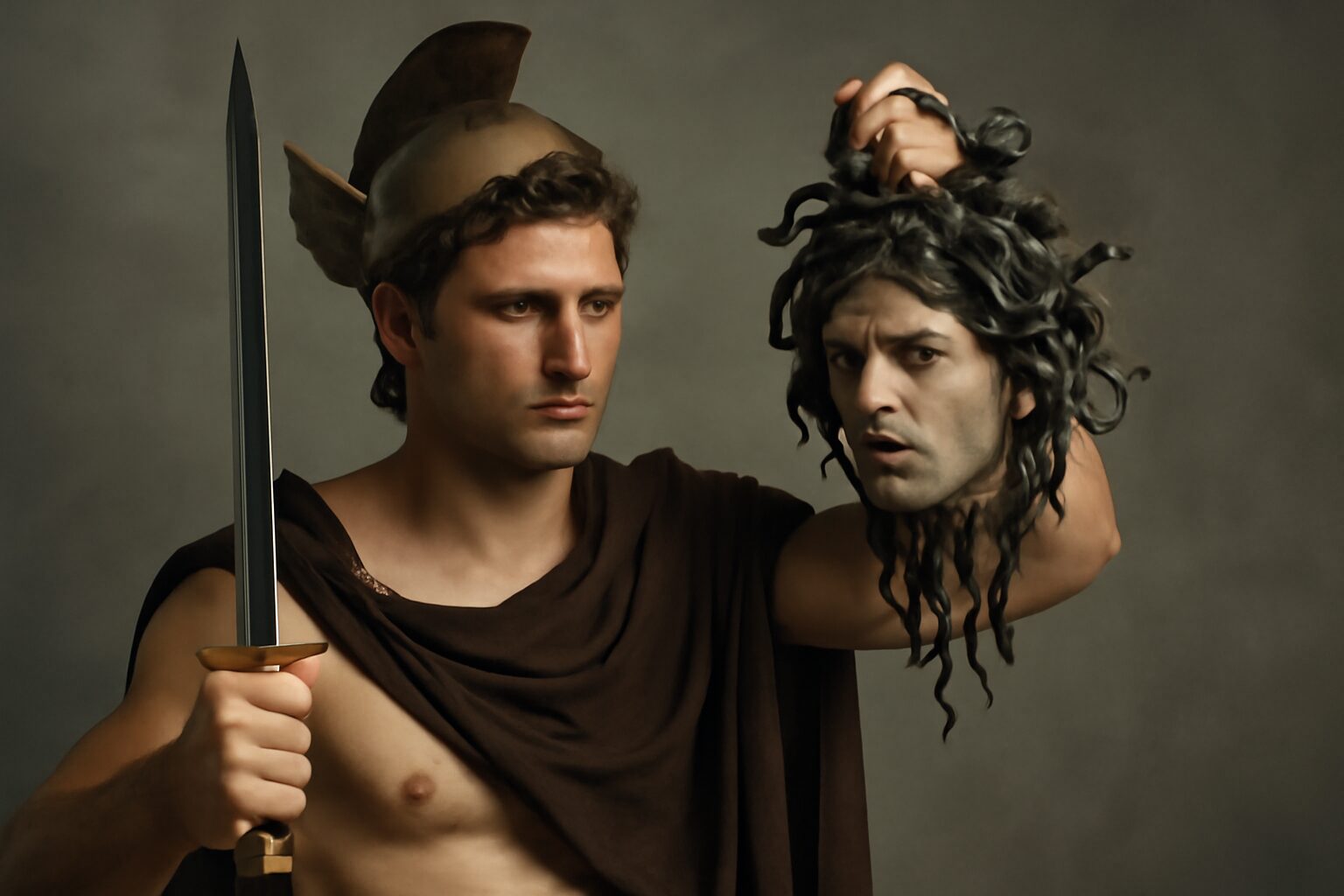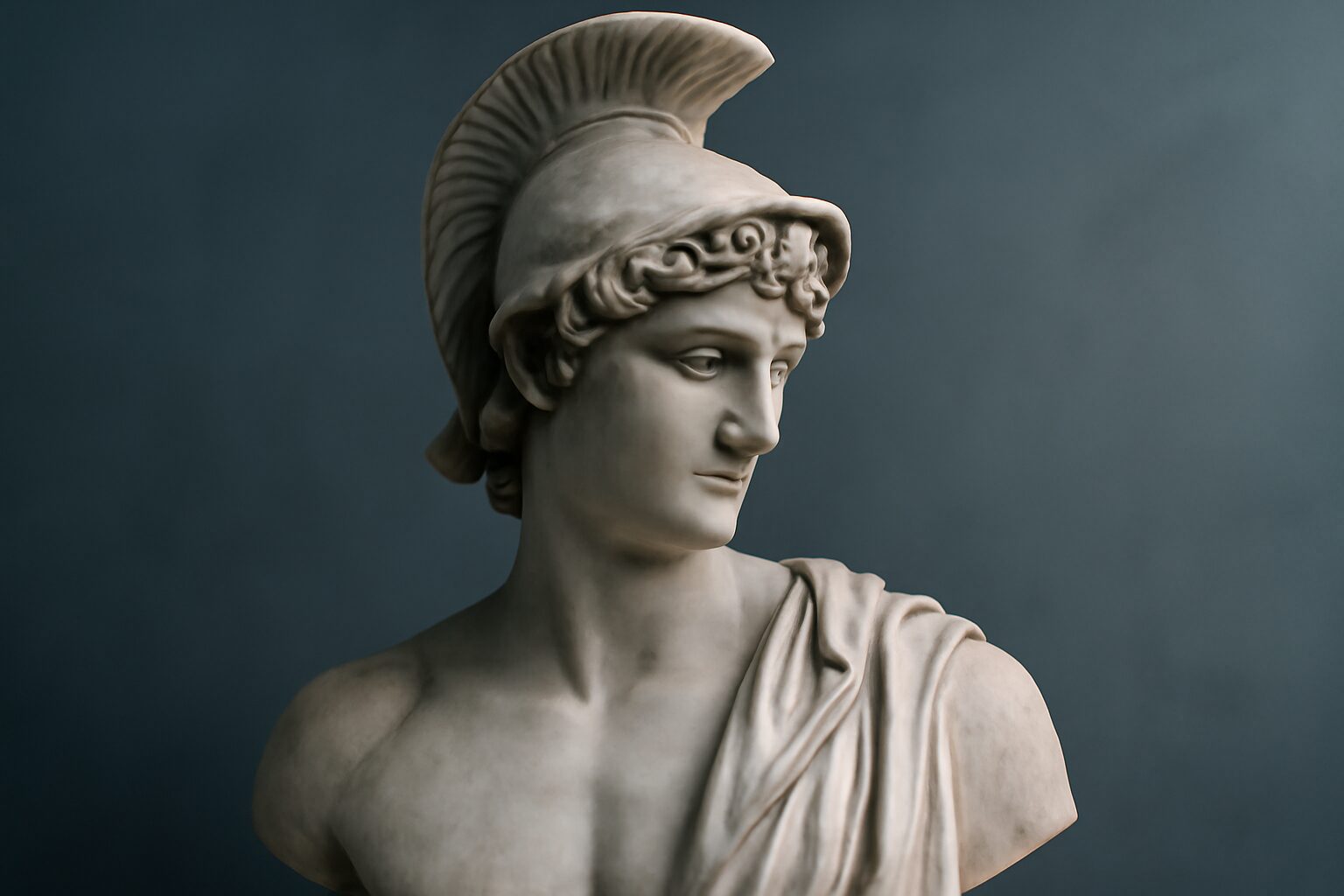Minos: The Legendary King of Crete
In Greek mythology, Minos was a powerful and enigmatic figure—both a king and a judge of the dead. As the ruler of Crete, he played a central role in some of the most famous myths, including the story of the Minotaur and the labyrinth. His legacy is a mix of wisdom, cruelty, and divine favor.
The Divine and Mortal Origins of Minos
Minos was the son of Zeus, the king of the gods, and Europa, a Phoenician princess abducted by Zeus in the form of a bull. Raised in Crete, Minos eventually became its king, though his claim to the throne was contested. To prove his divine right, he prayed to Poseidon, who sent a magnificent white bull from the sea as a sign of favor. However, when Minos refused to sacrifice the bull as promised, Poseidon cursed his wife, Pasiphaë, to fall in love with it—leading to the birth of the monstrous Minotaur.
The Reign of Minos and the Labyrinth
Minos was known as a just and law-giving king, so much so that after his death, he became one of the three judges of the dead in the Underworld, alongside his brothers Rhadamanthus and Aeacus. Yet, his rule was also marked by ruthlessness. When his son Androgeus was killed in Athens, Minos demanded a gruesome tribute: every nine years, seven Athenian youths and seven maidens were sent to Crete to be devoured by the Minotaur. This horror continued until the hero Theseus slew the beast with the help of Minos’ daughter, Ariadne.
Minos in Myth and Legacy
Minos’ name is forever tied to the great Minoan civilization of Crete, which flourished in the Bronze Age. Though historians debate how much of his myth reflects real history, his story embodies themes of power, justice, and divine retribution. His cunning and authority made him a symbol of both enlightened rule and tyrannical excess. Even in death, his role as a judge in the Underworld reinforced his reputation as a figure who wielded absolute judgment—both feared and respected by mortals and gods alike.
Ultimately, Minos remains one of Greek mythology’s most complex rulers—a man blessed by the gods, cursed by his own choices, and immortalized in legend as a king who shaped the fate of heroes and monsters.
Alternative Names for Minos
God Name: Minos (Roman)
The Romans adopted the name Minos directly from Greek mythology, where he was a king of Crete and later a judge of the dead in the underworld.
God Name: Minos the Just (Greek (alternative epithet))
An epithet highlighting Minos' role as a fair and wise ruler in Crete and later as a judge in the underworld, emphasizing his association with justice.
God Name: Judge of the Dead (Greek (alternative title))
A title reflecting Minos' role in the afterlife, where he, along with Rhadamanthus and Aeacus, judged the souls of the deceased in the underworld.
Tales about Minos
Minos and the Divine Bull of Poseidon
When Minos first claimed the throne of Crete, he prayed to Poseidon for a sign of divine favor. The sea god answered by sending a magnificent white bull from the waves, which Minos promised to sacrifice in his honor. But when Minos saw the bull's perfection, he grew greedy and substituted an ordinary bull for the sacrifice. Enraged by this deception, Poseidon cursed the bull to madness and inspired Queen Pasiphaë with an unnatural passion for the beast.
The Birth of the Minotaur
The cursed bull rampaged across Crete while Pasiphaë, under Poseidon's spell, enlisted the help of Daedalus to satisfy her desire. Their union produced the Minotaur—a monstrous creature with a bull's head and a man's body. To hide his shame, Minos ordered Daedalus to build the Labyrinth, where the Minotaur would devour Athenian tributes for years until Theseus finally slew it.
Minos and the Judgment of Zeus
After his death, Minos earned a unique position in the underworld when Zeus appointed him as one of the three judges of the dead. This honor came not only from his reputation as a lawgiver but also from being the son of Zeus himself, who had visited his mother Europa in the form of a bull. Alongside his brother Aeacus and half-brother Rhadamanthys, Minos would hold the golden scales of justice for all eternity.
The Eternal Judge
Seated on a throne of ebony in the Hades' realm, Minos would decide the fate of souls, sending them to the Tartarus for punishment, the Elysian Fields for reward, or the Lethe for rebirth. His judgments were so fair that even Zeus was said to consult him on difficult mortal cases, cementing Minos' legacy as the wisest of kings and the most just of judges.
Frequently Asked Questions
Who was Minos in Greek mythology?
Minos was a legendary king of Crete and a son of Zeus. He is famous for ruling Crete wisely and for constructing the Labyrinth to imprison the Minotaur. After his death, he became a judge of the dead in the Underworld.
What does it mean for a mortal to be deified in Greek mythology?
Deification in Greek mythology refers to the process where a mortal is granted godhood or divine status, often as a reward for extraordinary deeds, heroism, or favor from the gods. Examples include Heracles (Hercules) and Asclepius.
Why was Minos important in Greek mythology?
Minos was important because he symbolized justice and law, both as a wise ruler of Crete and later as a judge in the Underworld. His myths also highlight themes of power, morality, and the relationship between mortals and gods.
Can you name other deified mortals in Greek mythology?
Yes, besides Minos, other deified mortals include Heracles (for his heroic labors), Dionysus (originally a mortal granted godhood), and Asclepius (for his healing abilities). These figures often bridged the human and divine worlds.
How do myths about deified mortals apply to modern life?
These myths explore universal themes like ambition, reward for virtue, and the human desire for immortality. They remind us of cultural values, the consequences of actions, and how societies honor exceptional individuals, much like modern heroes or legends.

